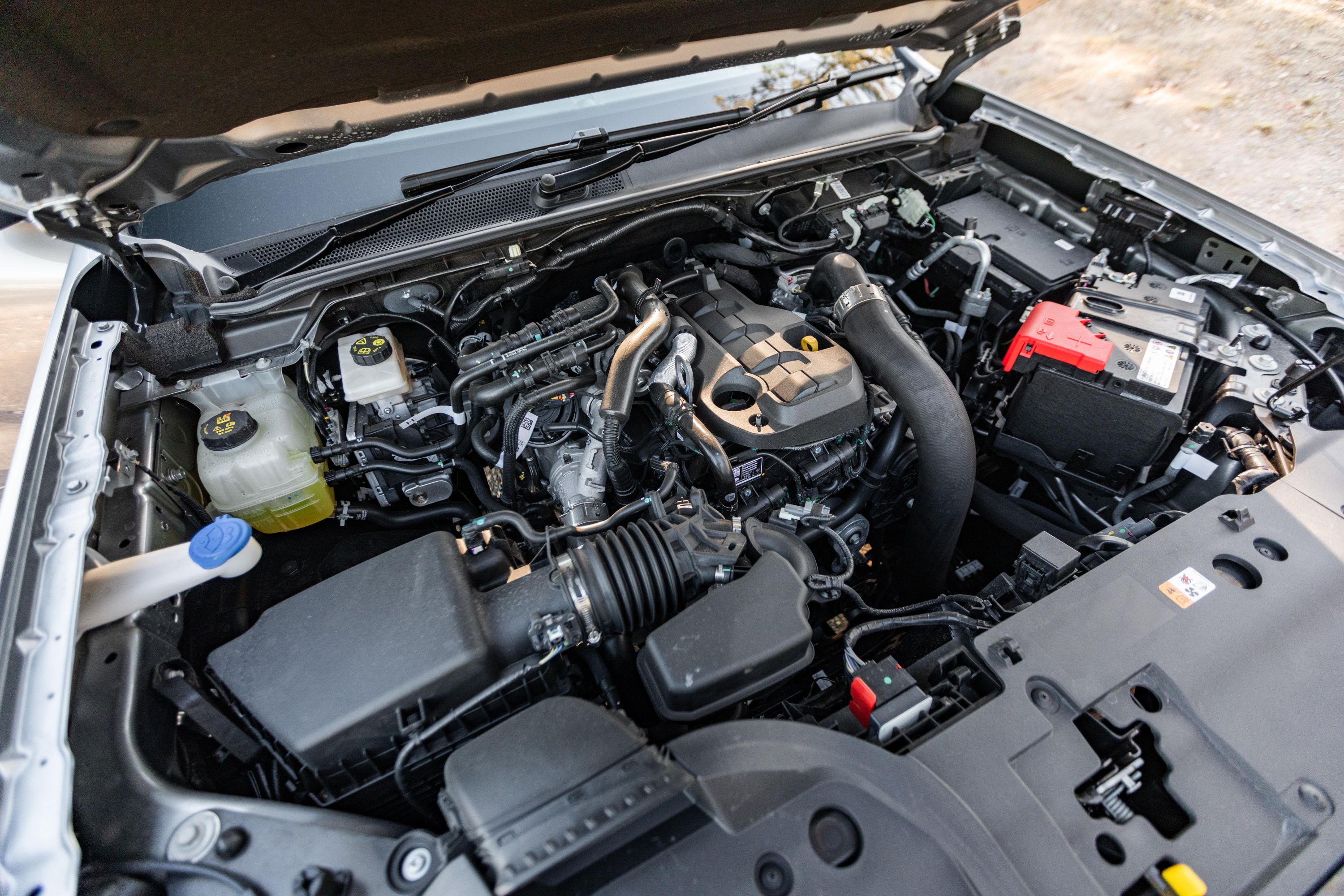Why the 2.2 Ford Ranger Engine Is a Popular Choice for Rugged and Reliable Performance
What Makes an Automobile Engine Run Smoothly: Leading Tips for Ideal Care
The smooth procedure of an automobile engine is basic to both efficiency and longevity, making optimal care a necessary duty for vehicle owners. What particular steps should you prioritize to ensure your engine stays in peak problem?
Normal Oil Adjustments
Among one of the most essential elements of cars and truck upkeep is guaranteeing your engine obtains regular oil changes. Engine oil lubricates internal elements, minimizes rubbing, and aids keep optimum operating temperature levels. Over time, oil deteriorates due to warm, pollutants, and the all-natural by-products of combustion, causing minimized effectiveness and prospective engine damages.
The majority of manufacturers recommend changing the oil every 5,000 to 7,500 miles, but this interval can differ based on driving conditions and oil kind. As an example, artificial oils might enable longer intervals in between modifications. Routine oil changes not just enhance engine performance yet likewise enhance gas effectiveness, as clean oil advertises smoother procedure.
Overlooking oil changes can cause sludge build-up, which hinders circulation and can bring about extreme engine problems. It is important to examine oil degrees regularly and keep an eye on for any uncommon changes in shade or consistency, which might show contamination or deterioration.

Preserving Coolant Degrees
Preserving appropriate coolant levels is vital for stopping engine getting too hot and making sure ideal performance. The coolant, usually a mix of water and antifreeze, distributes through the engine, absorbing heat and avoiding thermal tension. Insufficient coolant can lead to increased engine temperatures, which may create extreme damages or also overall engine failure.
To maintain optimum coolant degrees, routinely check the coolant storage tank, generally situated in the engine bay. Ensure the coolant is filled to the suggested mark, as shown in your car's proprietor guidebook. It is recommended to examine the degrees at the very least as soon as a month or eventually trips, especially throughout severe climate condition.
If you notice that the coolant degree is continually low, there may be a leak in the air conditioning system, which must be attended to immediately to avoid additional issues. 2.2 ford ranger engine. Additionally, purging the coolant system every a couple of years can assist remove any type of built up particles and ensure reliable heat exchange
Monitoring Air Filters

It is recommended to click for more info inspect the air filter every 12,000 to 15,000 miles, or much more often if driving in dirty or damaging problems. A basic visual assessment can frequently reveal whether the filter is dirty or damaged. It needs to be replaced promptly. if the filter shows up stained or has visible dust buildup.
Making use of a top quality air filter developed for your specific automobile model can further boost engine performance. In addition, some cars might gain from reusable filters that can be cleansed and reinstalled, home giving a cost-efficient and ecologically friendly option.
Inspecting Glow Plugs
Flicker plugs are vital elements of a lorry's ignition system, straight impacting engine performance and performance. They develop the spark that ignites the air-fuel mix in the burning chamber, promoting the engine's power generation. Regular evaluation of ignition system is crucial for preserving ideal engine feature and protecting against potential issues.
Dark soot or oil down payments can show incorrect combustion, while a blistered or white appearance might recommend overheating. Both conditions require prompt interest to avoid further engine damages.
It's a good idea to check ignition system every 30,000 miles, or as suggested in your car's proprietor handbook. Additionally, take into consideration changing them according to the producer's guidelines, as worn or old spark plugs can bring about misfires, decreased fuel performance, and view website enhanced emissions.
Surveillance Tire Pressure
Under-inflated tires can lead to lowered gas efficiency, enhanced tire wear, and jeopardized handling. Normal surveillance of tire stress is important for optimal car operation.
Tire pressure must be examined a minimum of as soon as a month and eventually trips. Use a trustworthy tire stress scale to determine the stress when the tires are chilly, ideally before the car has been driven for a minimum of three hours. Refer to the vehicle's proprietor guidebook or the placard situated on the vehicle driver's side door jamb for the supplier's advised stress degrees.
It is essential to note that tire pressure can change with modifications in temperature level; a decline of 10 ° F can cause a 1-2 psi reduction in pressure. Additionally, aesthetically check tires for any type of indications of wear or damage throughout your surveillance routine. Maintaining correct tire stress not only boosts lorry security however also boosts fuel efficiency and lengthens tire life, eventually contributing to a smoother engine efficiency.
Final Thought
In final thought, keeping a vehicle engine's smooth procedure requires thorough focus to several crucial factors. Eventually, an aggressive technique to engine care is crucial for guaranteeing dependability and capability over time.
One of the most essential elements of car maintenance is guaranteeing your engine receives routine oil adjustments. Engine oil lubricates inner components, decreases rubbing, and helps maintain ideal operating temperatures. Normal oil changes not just enhance engine efficiency yet additionally boost gas performance, as clean oil advertises smoother operation.
Insufficient coolant can lead to increased engine temperatures, which may cause severe damages or also complete engine failing.
